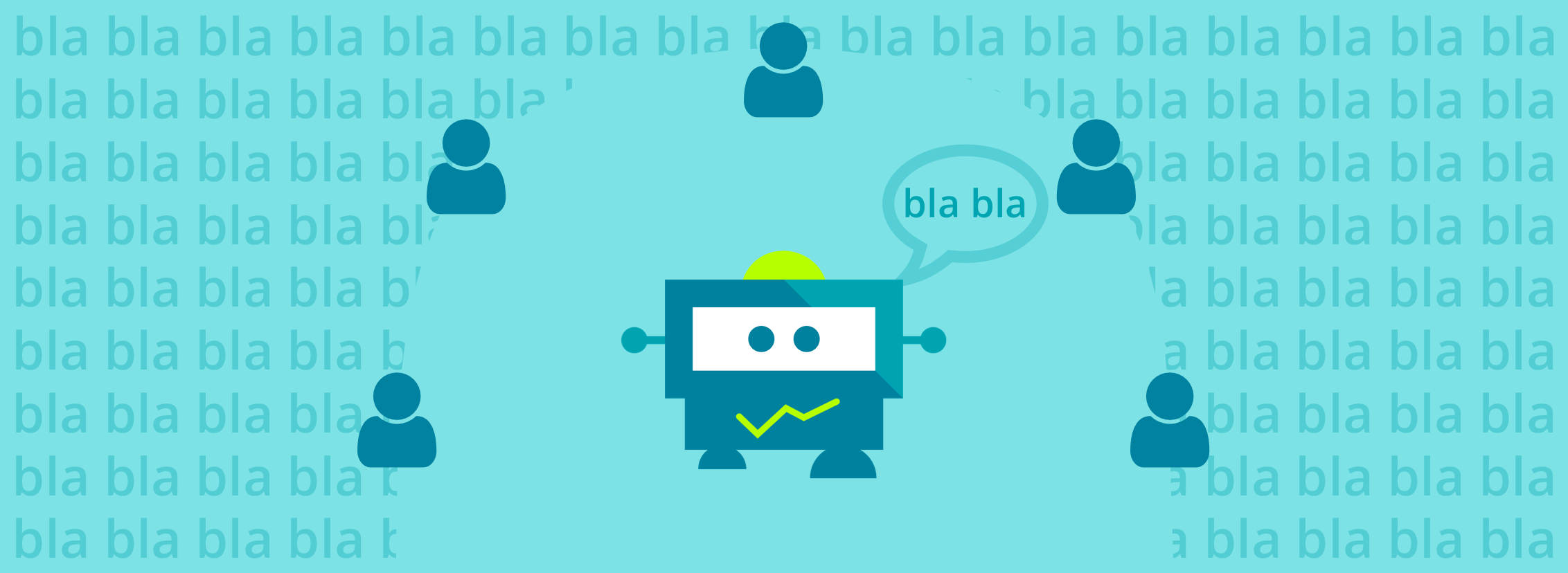My best friend Alexandra Bosen, Creative Director at Next Munich, has blogged about the Push Conference 2018 in Munich and the meaning of robots nowadays. Like in her quoted song lyrics from Tenacious D, the question could be: are there actually robots living among us? Or better: are we actually robots?
What‘s a Robot?
„A robot is a machine – especially one programmable by a computer – capable of carrying out a complex series of actions automatically.“
The definition of Wikipedia is unambiguous. But is this the only definition?
In this definition a robot is programmable by a computer. A computer is programmable by humans. So? Isn‘t a robot something creative built by the human brain? Yes, of course it is. But what does this mean for our question?
Robots are Human Creations
Every robot is created by humans. The abilities of a robot are therefore limited by the creativity of the human brain. But in fact, this creativity is nearly endless and therefore it is even more difficult to create a robot handling like a human. Actually, it is nearly impossible at the moment to imitate or even mistake a robot as a human.
Every human being will immediately recognize that he is talking to a robot. But the technical development is making huge steps. The performance of computers grows larger and larger every day and companies like Google have already solved to imitate certain behaviors and abilities of humans and even improved them. The best example is Google’s AlphaGo AI robot who bet the world’s best player of Go Ke Jie last year.
What’s the Goal of Robots and Artificial Intelligence?
This seems to be an easy question. But in fact: it is not answerable at the moment. Nobody knows if it will ever be possible to completely replace a human brain with a robot. Or even improve it. The computing power and technology simply is not strong enough at the moment to do this.
As you can see in the definition of a robot on Wikipedia, robots are simply defined as computers carrying out human actions. But the average society is also thinking of a machine, maybe looking human-like, behaving like a human being. The main fear of society is: will it be possible to replace us by robots in the future?
I don’t think, that computers or robots can replace human beings completely. But if you look at the AlphaGo example, there will be more and more tasks which a robot can take over from humans. Of course, this will cost some kinds of jobs, but there will be new ones, because we will need countless experts handling these robot technologies.
The Turing Test
In one of the last Tatort series “Tatort: KI” a girl gets inspired by a chatbot suggesting possible suicide methods. Of course, this crime series was quite unrealistic, but the main topic was: is it possible for a robot by using artificial intelligence to imitate a conversation with a human being so perfectly, that the human is not recognizing, that he is talking to a machine? That’s the definition of a Turing test: testing a machine’s ability to behave equivalent to a human.
One of the main issues of chatbots or technologies like Amazon’s Alexa or Google’s Assistant is the ability to sound like a human voice. Today you instantly recognize, that you are talking to a computer. Simply because the voices don’t sound like a human.
With Duplex, Google has introduced an improved Google Assistant and proved, that a robot is perfectly able to call a hair salon and arrange an appointment. It kind of passed the Turing test for this specific ability: making an appointment in a hair salon. But that’s not the complete definition of Turing. If the woman talking to Google Duplex had asked some off-topic question like “What do you think of the football match yesterday?”, then she would have instantly recognized, that she was talking to a machine. Simply, because the Google robot is limited to the capability of making the appointment. So: no, Google Duplex did not pass the Turing test.
Robots Will Manage Simple Tasks
That’s exactly where robots will and already are helping us: managing “simple” and more importantly – limited tasks.
The Recolize Brain is also a robot improving a specific task of website owners to make their website more dynamic, efficient and selling. It determines the best matching recommendations for a current website visitor and suggests these recommendations to the users. Of course, it is possible for humans to handle this tasks, e.g. by using manual recommendations. But in fact you would need endless man power and money to determine the perfect recommendations for every website visitor. That’s why we do this for you – automatically – with our Recobot. By the way, our Recobot is also an invention of the best Designer on earth: Alex Bosen.
So, the clear answer to the question “Are we actually robots?” is: not yet!
Thank you Alex for the inspiring blog post.



